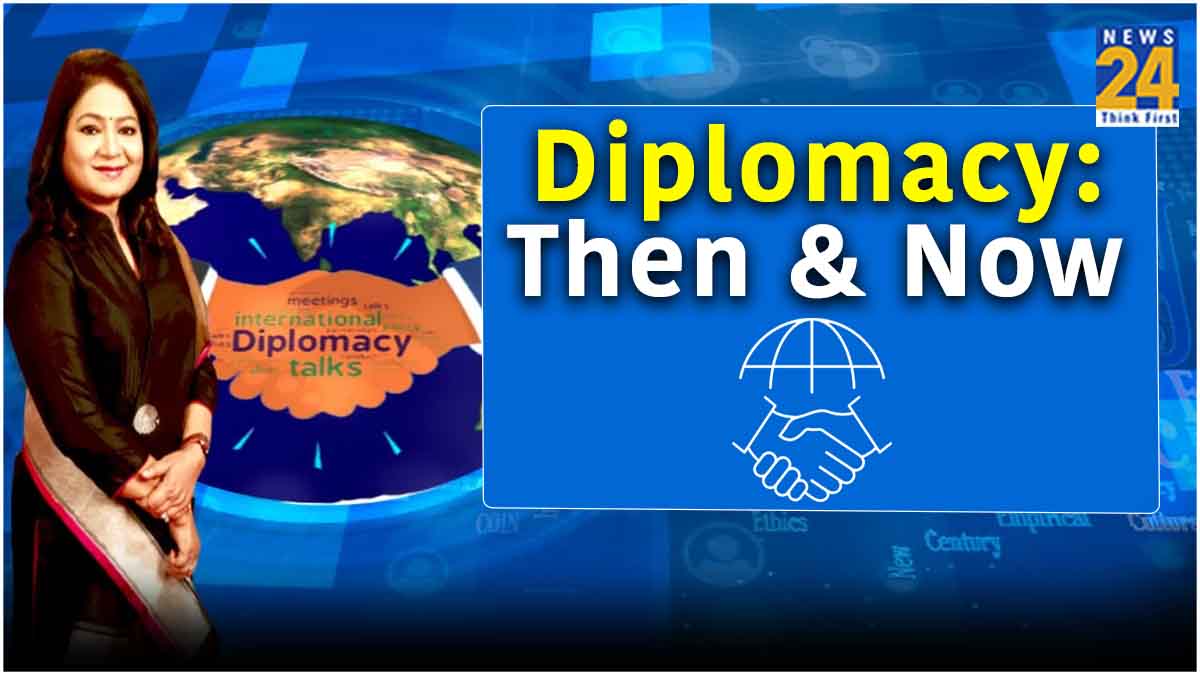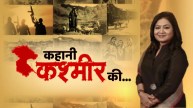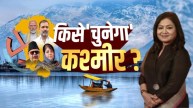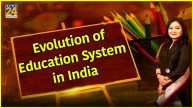Diplomacy in India is not a new concept. Three models of diplomacy are clearly evident in the epic tales of Ramayana and Mahabharata. In the Ramayana, when Hanuman reaches Lanka in search of Sita Mata, he uses his communication skills to assure her that he is indeed an envoy of Lord Rama. By setting fire to Lanka, he also demonstrates his strength. The second model is that of Angad, who goes to Ravana’s court. When he is not offered a respectful seat, he creates his own seat with his tail, without any pressure or influence, delivering Lord Rama’s message. Angad had such confidence that he told Ravana that if anyone in the court is able to move his feet even by an inch, Lord Rama would leave without a battle. And as we know, no one in Ravana’s court could do the same.
Just as Krishna’s networking was with the Pandavas, it was also similarly prevalent among the Kauravas.
The third model is from the Mahabharata, where Krishna’s diplomacy was as much with the Pandavas as it was with the Kauravas. Both sides respected him. This means that a successful diplomat needs the understanding of Hanuman, the strength of Angad, and the networking skills of Krishna. Although they couldn’t avoid war altogether, they certainly eased the path to victory and shortened the duration of the conflict. However, what has changed now is that once a war starts, there seems to be no end in sight. Either diplomats are not doing their job properly, or their role is diminishing in the era of the global village and 5G technology.
Rescuing 8 former sailors from the jaws of death
To understand how much the role of diplomats has changed, it is necessary to mention three incidents. One is Munich, where S. Jaishankar left everyone speechless at a security conference. Second, the way India saved its 8 former sailors from the jaws of death in Qatar. Third, the attempt to unite everyone at sea, which has recently been showcased through the war exercises of 51 navies combined.
What is the job of a diplomat or ambassador like?
If you ask an ordinary person what the job of a diplomat or ambassador is like, from a distance, it seems like they belong to a powerful elite class that dresses well. They speak good English along with other foreign languages. They have good knowledge of any subject related to the countries they are posted in. Their main job is to engage in dialogue and socialize with people. They represent their country abroad. Participating in formal events and attending parties is part of their job, which is often considered enjoyable. It’s true that a diplomat’s job involves a lot of behind-the-scenes work. However, in recent years, the nature of diplomacy has changed, and diplomats are now seen on the front lines. In today’s world, the entire globe is interconnected. If there is any turmoil in any part of the world, its impact is felt across the globe. Therefore, the world needs skilled, connected, and hardworking diplomats.
Diplomats’ job is also to prevent war through dialogue
Diplomacy was previously discussed among the intellectual elite of society. It was considered a matter of high-table discussions. However, Narendra Modi brought big platforms like G20 to the general public. The foundation of diplomatic relations is to a large extent economic profit and loss. In such a scenario, diplomats are faced with the challenge of advancing their national interests while maintaining peace in the world. Preventing any aggression through dialogue is also the primary job of diplomats. However, in the storm of aggressive nationalism, the banners of war are constantly being raised.
10 Million lives lost in Iran-Iraq war
The United Nations was established after the Second World War. The aim was to save humanity from war and play a strong role in maintaining peace in the world. Right from the beginning, America dominated the United Nations, and European nations continued to support its policies of aggression. America did not miss any opportunity to exploit this major international platform for its own benefit. History bears witness that even after the establishment of international forums like the United Nations, wars occurred between America and Vietnam, resulting in the death of nearly 20 million people in Vietnam. Nearly 10 million people were killed in the war between Iraq and Iran.
United Nations confined only to frivolities?
America attacked Afghanistan and Iraq. After fighting for nearly twenty years in Afghanistan, when American forces withdrew, the Taliban took control of Kabul again. Seeing their own profit and loss, countries big and small kept triggering wars from time to time, while the United Nations remained a mere spectator. Now the question arises: has the United Nations failed in its objectives? Has the United Nations confined itself only to the merrymaking, debates, and intellectual exercises of diplomats around the world?
In the year 1860, Britain’s Prime Minister, Lord Palmerston, received the first diplomatic telegram.
Some renowned human rights activists argue that in the past seven decades, the United Nations has failed to resolve any major disputes. Even in preventing wars, it has not proven very effective. In such a situation, it should be shut down. The question also arises that in the era of 5G, when information reaches from one part of the world to another in less than a second, major diplomatic decisions depend on the mood, attitude, and personal chemistry of world leaders, then what is the role of diplomats? Perhaps, there has always been a question about the role of diplomats, and predictions have been made about the end of this profession. Diplomats were there in the Treta Yuga and in the Dwapara Yuga as well. Even in Kautilya’s Arthashastra, there is an extensive mention of diplomacy and diplomats. After technological advancements and time, the role of diplomats has continued to evolve. It is said that in 1860, when Britain’s Prime Minister, Lord Palmerston, received the first diplomatic telegram, he exclaimed, “My God! This is the end of diplomacy.” However, in today’s day and age, there is a greater need than ever for diplomacy and diplomats filled with ideal qualities – who can play a strong role in not only the national interests of their countries but also in paving the way for peace and prosperity in the world. Because no country can survive the effects of unrest, conflicts, or war in any part of the world.









